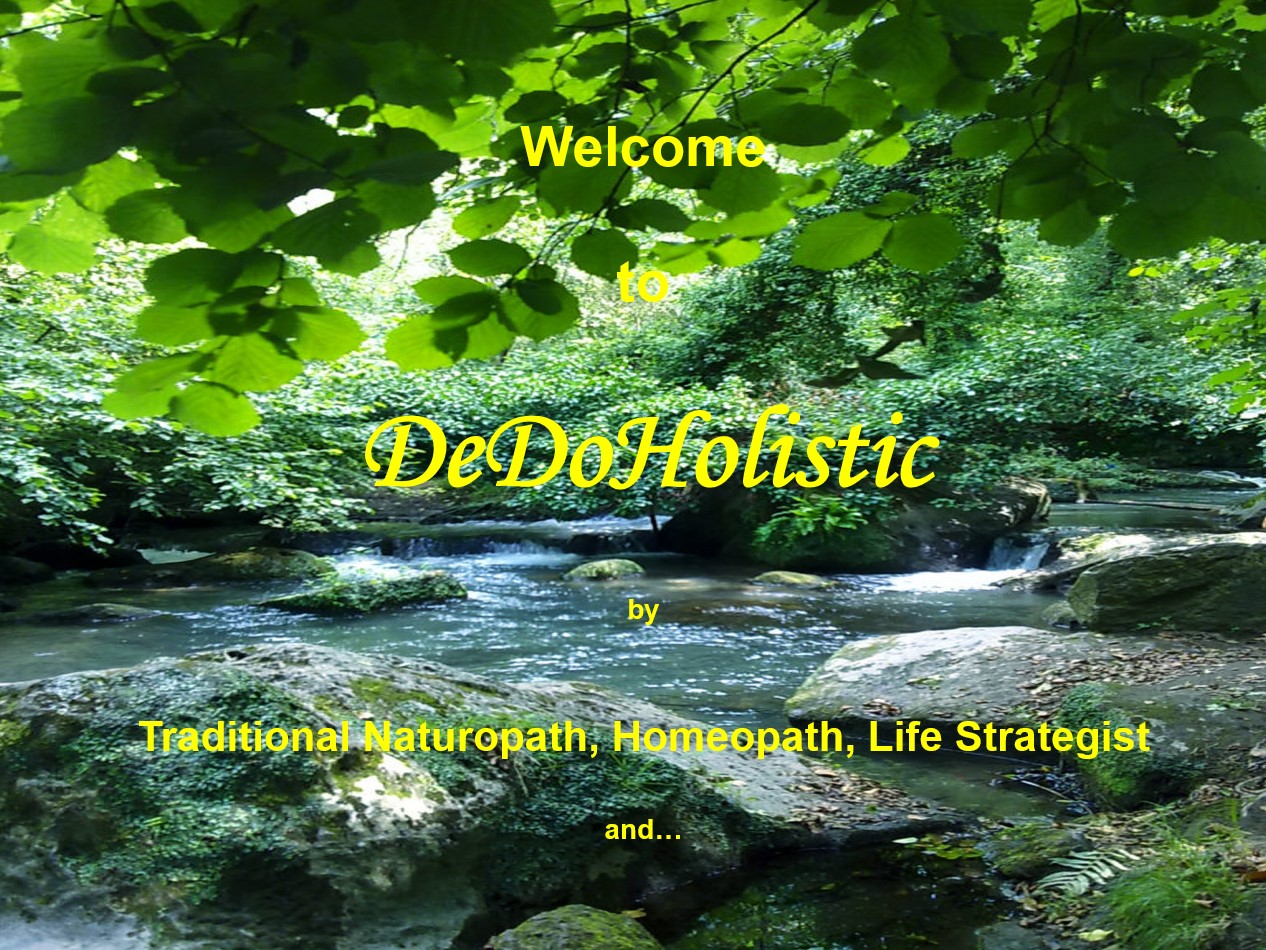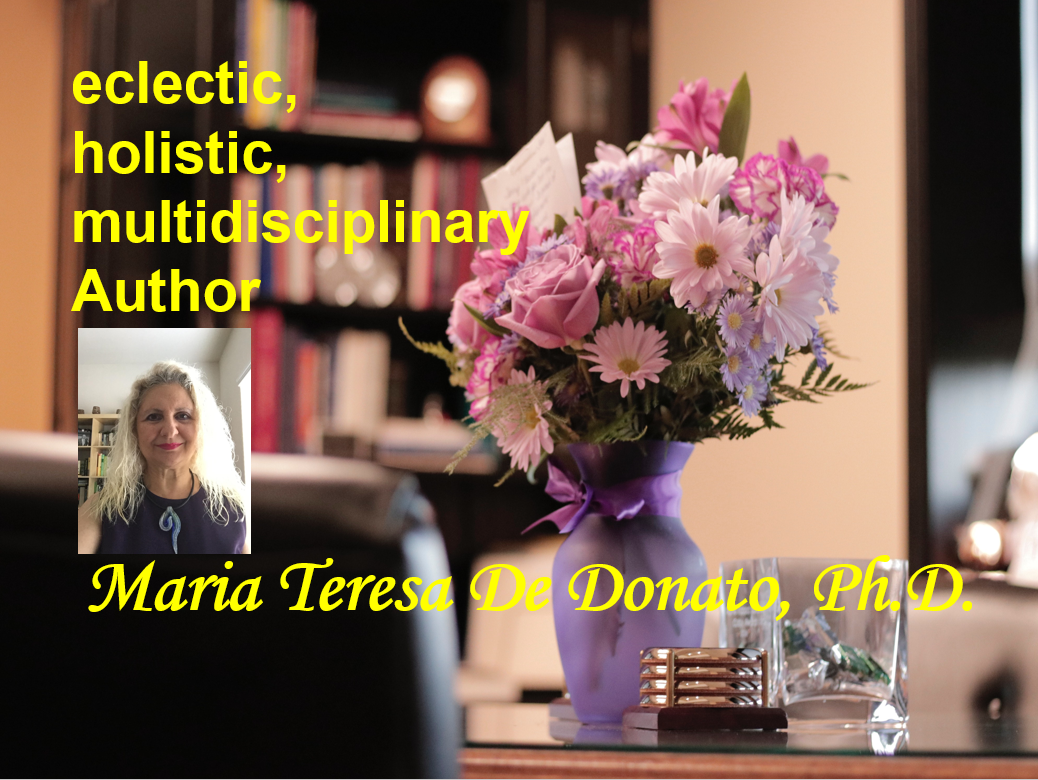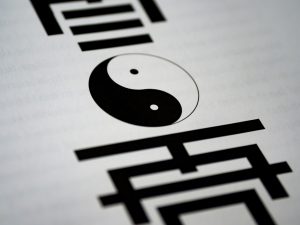NATUROPATHY
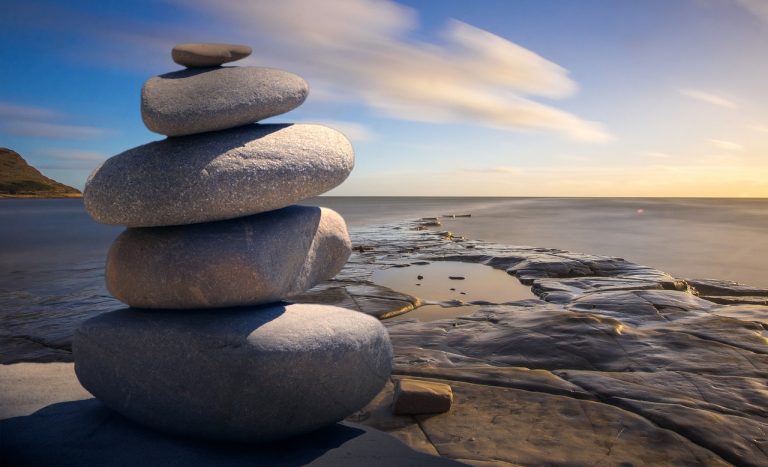
As a Traditional Naturopath, Dr. De Donato firmly believes in the following principles Naturopathy is based upon:
1) Primum non nŏcēre (=First of all do no harm)
Symptoms and diseases are not our enemies. They serve, indeed, a specific purpose and are the means by which the life force within our organism attempts to restore optimum health. The Naturopath’s intervention aims at helping the life force to work and find a state of balance again and to facilitate the natural healing process. Fighting disease through the suppression of symptoms without identifying and removing the root cause is counterproductive and even harmful and should be avoided.
2) Vis Mediatrix Naturae (=The healing power of nature)
Our body is a wonderful mechanism and the life force in it is always aiming at a state of perfect balance (homeostasis). If given the chance, it has the ability to maintain and restore a state of optimum health. This process can be facilitated by identifying underlying causes of symptoms and disease and by helping the life force to repristinate balance.
3) Tolle Causam (=Identify and treat the cause)
Everything in nature happens for a reason and is regulated by biological laws. No true healing can take place unless the root cause of a disease is identified and completely removed. Symptoms are part of our alarm/self-defense mechanism, and they help us to understand when something is wrong and needs attention. They should never be seen as enemies which need to be suppressed. The Naturopath understands this logic and dynamics. As consequence, he/she focuses on the identification of the root cause and tries to help the best he/she can the life force to re-establish a state of balance.
4) Tolle Totum (=Heal the whole person)
Health and diseaseare conditions that relate to the individual as a whole and the interaction and interrelation among different factors, emotional, mental, physical, and spiritual. The Naturopath never focuses on a specific part of the body where symptoms and disease manifest but rather on the whole person. True health can exist, be maintained, and/or restored only by re-establishing a state of balance among all these components.
5) Docere (=The physician as a teacher)
Cooperation between practitioners and clients is of the utmost importance. The Naturopath acts primarily as an educator and motivator while the client is encouraged to take responsibility for his/her own health by actively participating in the process. Keeping a positive attitude is also highly recommended as a way to facilitate the maintenance and/or restoration of health.
6) Prevention (=Prevention is the best cure)
Prevention is better than cure. Prevention is only possible through education and the promotion of healthy, balanced, and active lifestyle habits. The Naturopath identifies and, according to the client’s needs, assesses risk factors that may interfere with the state of optimum health. In so doing, he/she helps his/her clients so that they can make due changes and preserve their health and well-being.
As a Traditional Naturopath and Classical Homeopath, in her practice, Dr. De Donato applies principles of
- Ayurveda
- Traditional Chinese Medicine
- Classical Homeopathy
- Western & Eastern Nutrition
- Western & Eastern Herbalism
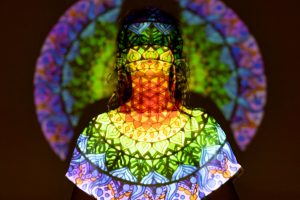
Ayurveda (from the Sanskrit words ayuh meaning “life” and veda, meaning “knowledge” or “science”, commonly translated as “The Science of Life”), which is considered the oldest medical system in existence, dating back more than 5,000 years to ancient India, takes also into account the mind-body-spirit component. Based on the understanding that everything in life is composed of five basic elements – ether/space, air, fire, water, and earth – whose combinations give birth to three doshas, that is, three different constitutional or metabolic body types – Vata, Pitta e Kapha – Ayurveda believes that the intriguing, yet fascinating process of energy moving throughout the body causes the physiological function for the person and that aspects such as genetic predisposition, lifestyle, diet, emotions, and environment can determine a balance, or imbalance, in the energy flows and, subsequently, a state of health and well-being or one of illness. (Trivieri & Anderson, 2002)
Traditional Chinese Medicine (TCM), which is thousands of years old, is rooted in meticulous observation of how nature, the cosmos, and the human body are interacting, and the understanding that the life and activity of individual human beings have an intimate relationship with the environment at all levels. As Dr. Andrew Weil indicates in his Guide to Optimum Health CDs series, TCM states that a “visible illness follows an invisible one for a visible illness starts as a disturbance of energy flow from the body which, if passed unnoticed, is going to crystallize and taking the form of the body” (Weil, 2002), that is, referring to our previous statements about how matter and energy work and interact with each other, that energy – our emotional state of mind, our fear, anxiety, and thought – transforms itself into matter, which, if negative, materializes in the form of disease.
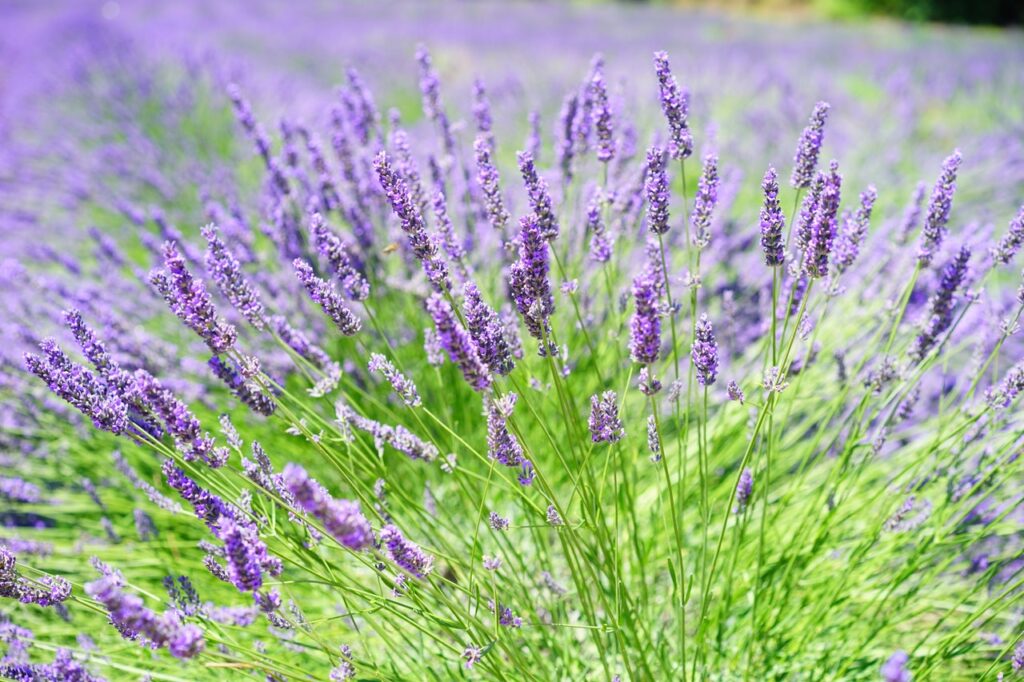
Herbalism Each year more and more people search for natural remedies as a way to prevent diseases and improve their overall state of health in order not to get sick in the first place. One of these methods is, of course, Herbalism, also known as Herbal Medicine or Botanical Medicine. As history shows, Herbal Medicine is rooted in the very far past:
from the Sumerians to the Egyptians; from the Greeks to the Muslim World; from India to China and Japan all ancient civilizations developed their own herbal system for treatments as well as men like Hippocrates, Claudius Galen of Pergamon, monks in their monasteries, Avicenna, and many more greatly contributed – by observing nature, searching for remedies, cataloguing, and writing about their findings – to the outstanding, deep knowledge of Herbalism all of us may be proud of, thankful for, and treasure today. The efficacy of Herbal Medicine is well documented by the admission of the World Health Organization (WHO) that today some 4 billion people worldwide use herbal remedies for health-related issues. As a complementary therapy, Herbalism looks at human beings and their health from a holistic point of view taking into account both the individual as a whole and the fact the human health is determined by a self-regulating mechanism, called homeostasis: the main task for a Master Herbalist is to evaluate your general health status as a client and determine which remedy might work best for you. As a consequence, advice and recommendations are individualized: each one is designed for a specific customer’s need so that something that may work for you may not work for another client. Furthermore, remedies may be changed over time according to the changes of your needs or symptoms with the ultimate goal being the identification of the herbs and plants that may best facilitate the restoration of optimum health. Herbal remedies can be found in the forms of teas, syrups, oils, liquid extracts, tinctures, and dry extracts (pills or capsules) and today, as in the past, nature offers us an immense variety of plants to choose from: from Aloe vera to Black cohosh (Cimicifuga racemosa);
from Echinacea to Garlic and Ginger (Zingiber officinale) the list goes on reaching thousands of herbs that can be used as natural, yet powerful remedies.
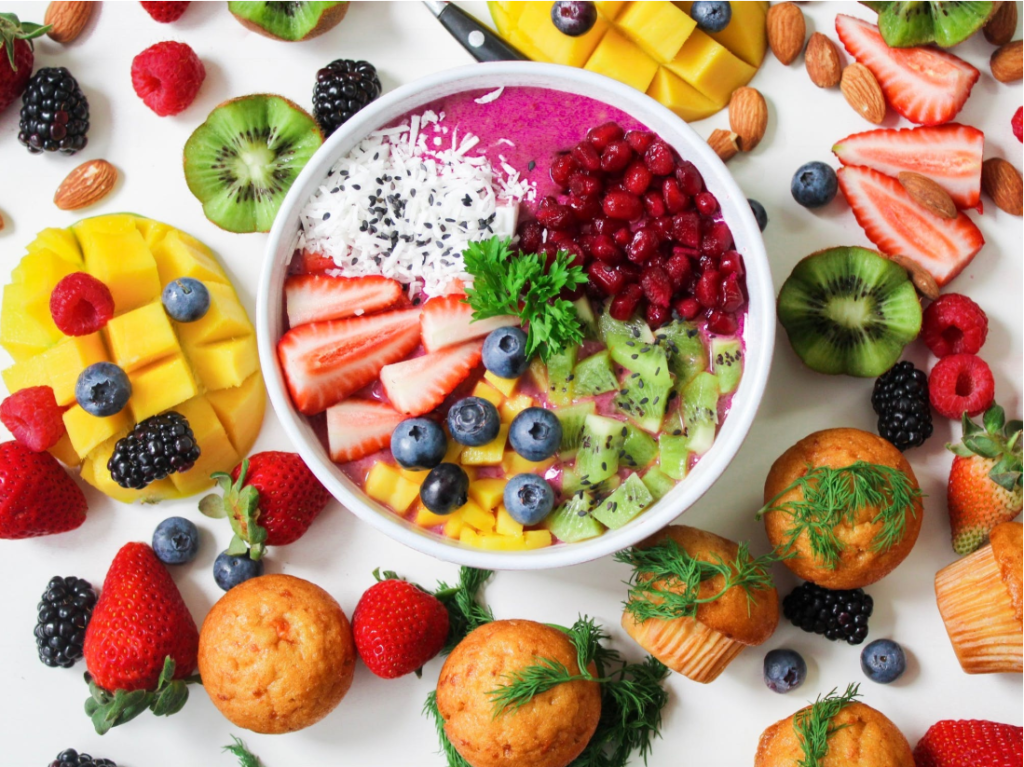
Nutrition is paramount in maintaining and restoring our health. Eating properly and having control over our weight allows us to prevent nutrition-related health issues while still enjoying cooking and eating.
As a Certified Nutritional Consultant, Dr. De Donato will educate you to eat properly, have control over your weight, and avoid nutrition- and lifestyle-related health issues while still enjoying cooking and eating. Being born and raised in Rome, Italy, from two smart and caring parents who both loved good and healthy food, who planted and cultivated their own vegetable garden, and had plenty of own homemade provisions all year round, with a large variety of in oil and pickled eggplants, mushrooms, artichokes, peppers, beans, and many more along with almost two quintals of fresh tomato sauce produced every other year, all made at home by following what we could describe as a “real ceremonial ritual“, Dr. De Donato developed pretty good eating and cooking habits along with deep pleasure in dealing with foods and herbs in general and homemade remedies. She fully appreciates the good cuisine, loves to cook and to eat and her goal is to share her knowledge and the enjoyment that healthy cooking and healthy eating – which by the way start with healthy shopping – can bring into your life while highly benefitting your health and well-being.
